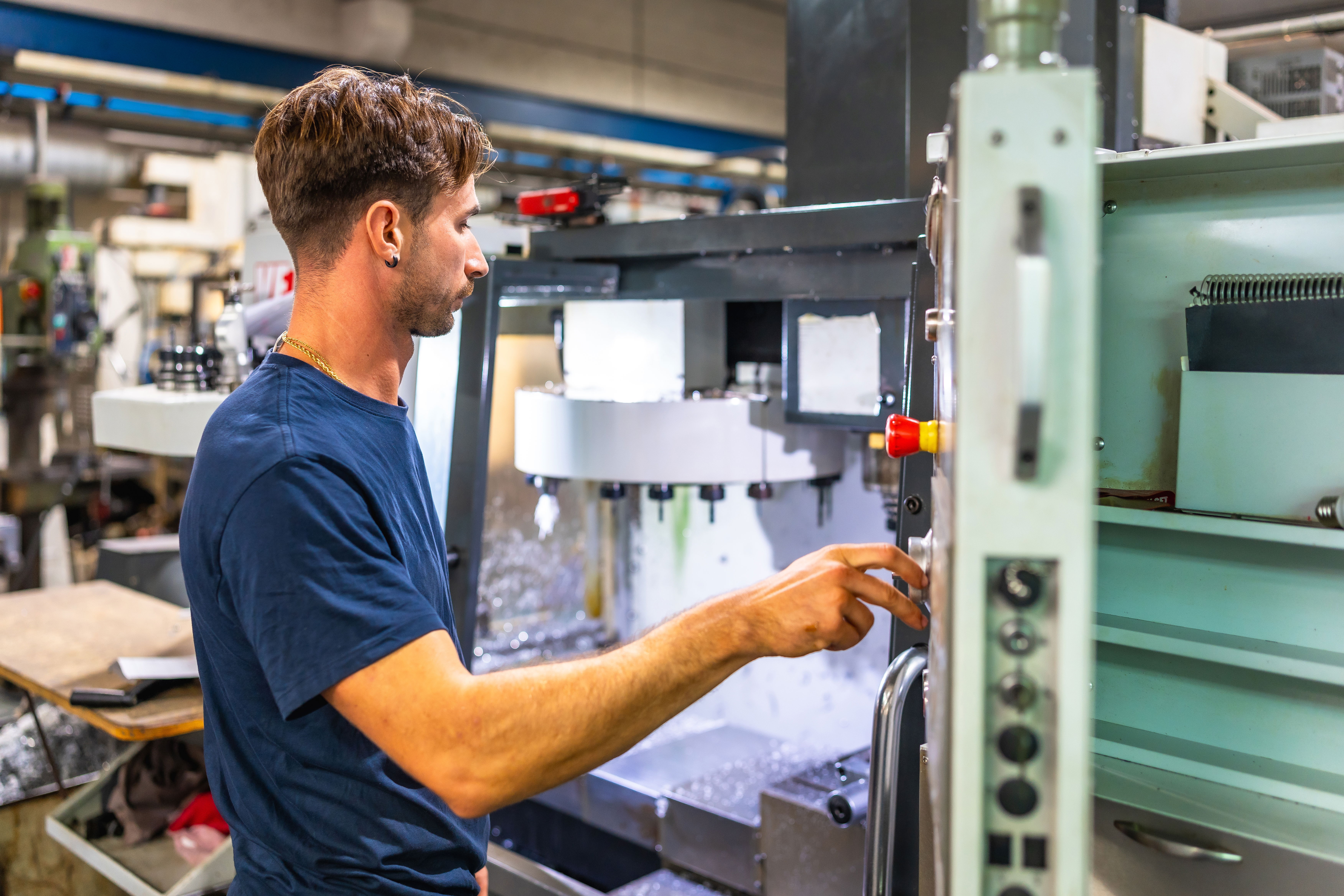Your Workshop
METAL AND WOOD WORKING WORKSHOPS :
HAVE YOU EVER BROUGHT A MACHINE AND FOUND THAT YOU CAN’T USE IT BECAUSE IT NEEDS 3-PHASE POWER?
Ok, you see a advertisement in a resellers magazine and spot the perfect lathe for the workshop – then discover that it has a 3 Phase motor and you can’t use it. Perhaps you have just shifted into a new home with a big shed out the back. You’d like to unpack your favorite machines, but none of them would work because the new place only has a 240V supply available.
Then you contact your local electrician or power company and see if they can hook you up to 3 phase. You could hear….
• Yes we can do it, but it will cost $16-20,000 to upgrade the connection to your home, and oh, we'll need a $550 payment to assess it properly and give you a proper quote.
• Yes we can do it, but it will take at least 6 months to start a new job in your area.
• Yes we can do it, but as a ‘commercial connection’ in your state, it may cost $1.88 per day($686 per year) for the privilege of just having the connection available.
• Or perhaps: Sorry, no. Your home is just too far away from the nearest 3-phase supply.
So maybe 3-Phase can be connected. You bite the bullet and decide get it hooked up. Your original 240V switchboard and meter is replaced and re-wired to a 3-Phase standard. Only then do you learn that it’s going to be another $4000 or so for an electrical contractor to come out and run fresh 3-Phase cables underground to your outside workshop.The possible scenes described here may strike a chord with readers who have had to deal with powerproblems affecting their back-yard business or hobby.

POSSIBLE ALTERNATIVES
Be wary of swapping the three phase motors on a machine for equivalent single phase motors. The start-up energy for a single phase motor is around double that of a 3-Phase motor. This can put some serious power dips on your line and sometimes have problems powering up. Also be aware that many 3 phase machines have been designed with control systems that also operate on 400V, so they would need to be modified to work on 240V singlke phase too.
Often small inverter-style electronic drives are advertised as a solution, but the sellers don’t tell you thay most can only produce a 240V version of 3-Phase. The motor would need to be recinfigured differently and its speed and performance will not be the same as the manufacturer intended. You may also have issues making the machines control circuit work as well. Also note that every separate machine will need its own separate drive unit, which can be an expensive option.
THE PHASE CHANGE CONVERTER OPTION
The 3-Phase Power Converter is an alternative that is worthy of exploring.These are a box about the size of a bar fridge that sits in the corner of the workshop. It connects to 240V power and converts it to 400V 3-phase power to run 3-Phase machinery. Lathes, mills, air compressors, MIG welders and sawdust extractors will all operate from a Power Converter unit. Many early versions of these were unsophisticated and had a poor control over power quality. They could have large voltage swings with different types of machine load and sometimes would have problems starting up properly. Some converters still use big electrical contactors for internal balancing,but be wary as these can quickly wear out parts and be slow to respond to rapid changes in load. It is important to know that modern units now have solid state switches and intelligent power tracking whichcan provide a very stable output. They can supply a large number of 3-phase machine loads,individually or many at once.There are a range of these converters available starting from 2kw for around $3,500 and go up to 45kw,depending upon the needs of the end user. They don’t make any new energy, but make the most of the singe-phase (or two phase) available power in the workshop. 2 or 3kw units can just plug straight into a power outlet, while larger ones will need to be hooked up by an electrician.
A big advantage of Converters is that if workshop circumstances change, the units can be re-sold or moved to another location, where as cash spent on a 3-Phase connection from a power company is likely to be lost if you move or no longer use your machinery.It should be considered as a real alternative to a full 3-Phase upgrade for a workshop. An internet search under three phase converter will provide more information on popular makes and models. Lastly, ask around to see if friends have already had some experience with Converter options. This may provide a better picture of what to expect if you choose to steer away from the power line upgrade option.


